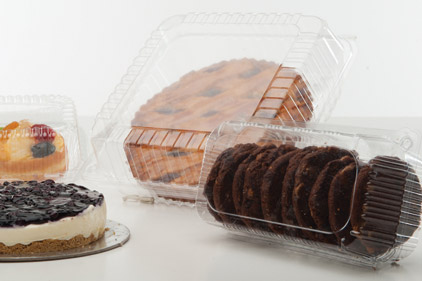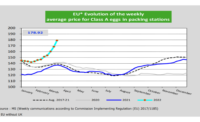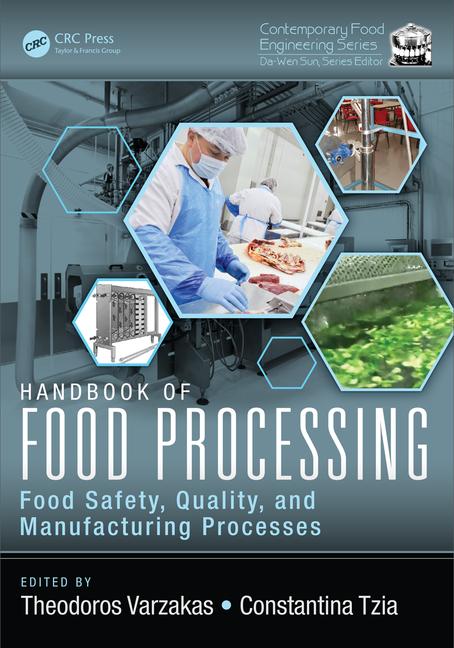There’s a new trend in recycling, thanks to many of the manufacturers that produce the original products. A growing number of larger food and beverage companies in the United States are assuming the costs of recycling their packaging after consumers are finished with it, a task long imposed on packaged goods companies in Europe and more recently in parts of Asia, Latin America and Canada.
Factors are mounting to make what is known as “extended producer responsibility” more attractive and, perhaps, more commonplace in the United States.
“Local governments are literally going broke and so are looking for ways to shift the costs of recycling off onto someone, and companies that make the packaging are logical candidates,” explains Jim Hanna, director of environmental impact at the Starbucks Corporation. “More environmentally conscious consumers are demanding that companies share their values, too.”
Equally important, he says, companies are more aware that resources are limited. What they’ve thrown away in the past now has value. “It is now cheaper to recycle an aluminum can into a new can than it is to make one from virgin material, and the same is becoming true for plastic bottles,” Hanna adds.
So far, company-sponsored recycling efforts are voluntary in the United States. Many states have laws requiring that companies take responsibility for spent products like batteries and mercury switches, but to date, only Maine has a law that might shift the cost of discarded packaging to business. Passed in 2010, it established a framework that allows the state to add products, including packaging, to the list of those for which manufacturers must assume the costs of disposal. But so far, no new products have been added.
Opposition to mandated responsibility for recycling or repurposing used packaging is widespread, even among companies already required to do it abroad. “We’re not convinced there’s compelling evidence that it’s the most appropriate solution for the U.S.,” says Meghan Stasz, director of sustainability at the Grocery Manufacturers Association, which represents more than 300 food, beverage and packaged goods companies.
Still, a few major food companies are working on their own to reclaim their packaging after their customers finish with it.
Source: www.nytimes.com
Large food companies often pick up the cost of recycling





